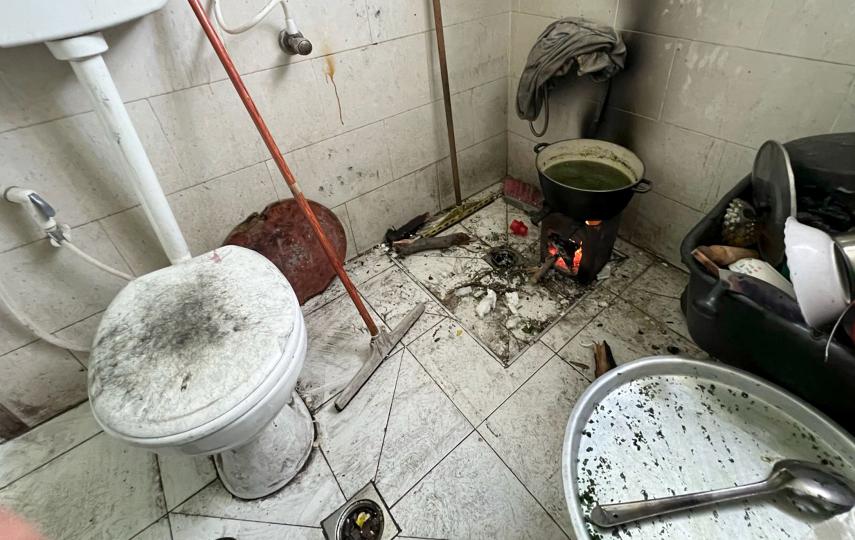This article was produced by IRIN News while it was part of the United Nations Office for the Coordination of Humanitarian Affairs. Please send queries on copyright or liability to the UN. For more information: https://shop.un.org/rights-permissions
Our ability to deliver compelling, field-based reporting on humanitarian crises rests on a few key principles: deep expertise, an unwavering commitment to amplifying affected voices, and a belief in the power of independent journalism to drive real change.
We need your help to sustain and expand our work. Your donation will support our unique approach to journalism, helping fund everything from field-based investigations to the innovative storytelling that ensures marginalised voices are heard.
Please consider joining our membership programme. Together, we can continue to make a meaningful impact on how the world responds to crises.




